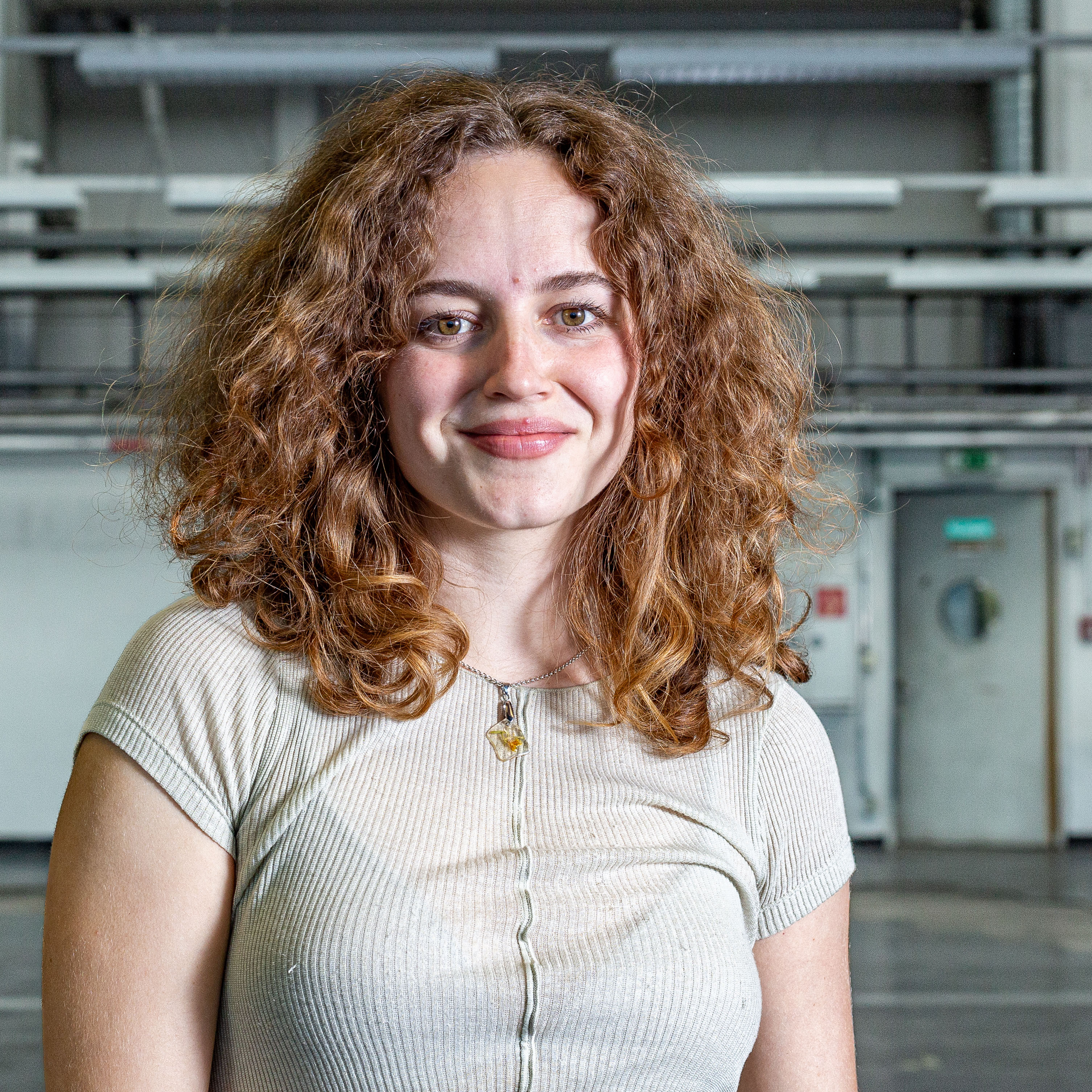The new university should offer flexible programs that encourage students to explore multiple disciplines, allowing them to combine art, technology, and society in innovative ways. This could involve creating interdisciplinary majors, minors, or certificate programs that bridge these fields. The curriculum should be designed to integrate art, technology, and societal perspectives across disciplines. For example, courses could explore the intersection of art and technology, the social impact of technological advancements, or the ethical considerations of integrating art and technology in society. Recognizing the rapid pace of change in the art, technology, and societal landscapes, the university should offer opportunities for lifelong learning and professional development. This can include continuing education programs, online courses, and resources that enable individuals to stay updated and adapt to evolving interdisciplinary trends. By incorporating these elements, the university can become a vibrant ecosystem that fosters interdisciplinary collaboration between art, technology, and society, nurturing the next generation of thinkers, innovators, and problem solvers.

Photo: Patrick Münnich

Karmele Ustarroz
Pronouns: she/her